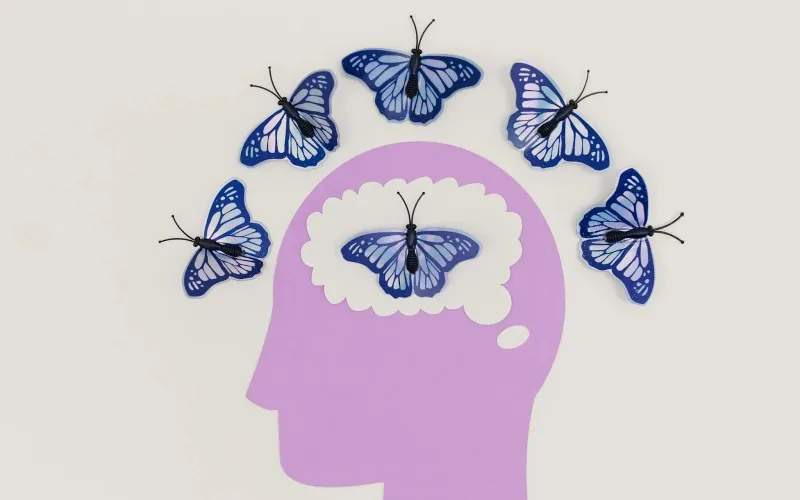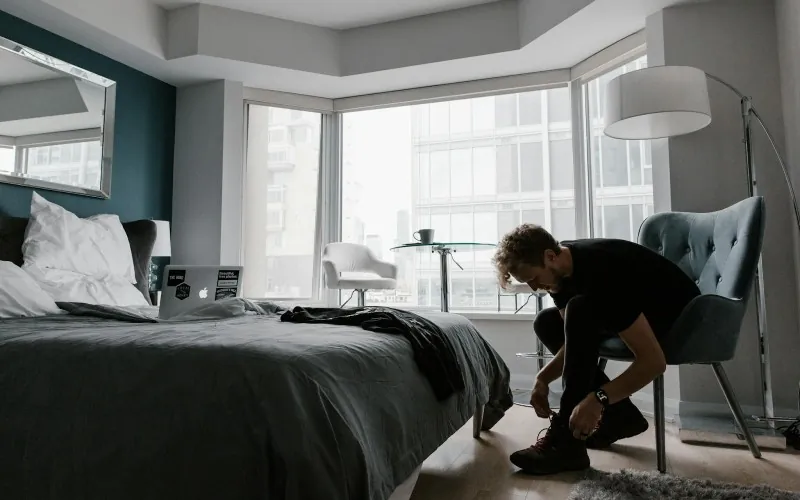Every day starts with choices. What time you wake up, how you spend the first hour, and even what you eat for breakfast. These small actions may not seem like much, but they stack up over time. Your routine becomes the habit that holds your day together. This is where KatanaSpin can help create stability, even when life feels hectic.
Why Routines Matter
Routines reduce decision fatigue. Instead of wasting energy on small daily choices, routines help you move through tasks without overthinking. This frees up mental space for more important decisions. A clear routine also builds stability. When your body and mind know what’s coming next, it’s easier to stay focused and less likely to feel stressed.
Having a routine also improves discipline. You don’t need to rely on motivation when something becomes automatic. Want to exercise more or read daily? Add it to your morning or evening plan. Over time, your actions will start to feel natural.
How Small Habits Make a Big Impact
Small habits work like tiny investments. You don’t see the result right away, but if you keep showing up, change will happen. Five minutes of writing every day can turn into a finished book. A daily walk can lead to better health. Drinking water right after waking up improves energy and focus.
These small habits shape who you become. They build consistency, and that’s what brings long-term results. Big changes often fail because they feel overwhelming. Small steps keep you moving without stress.
Here are a few examples:
| Habit | Long-Term Benefit |
|---|---|
| 10-minute walk | Better mood and heart health |
| Reading 5 pages | Finish 12+ books a year |
| Writing a to-do list | Clearer priorities and less stress |
| Morning stretch | Fewer aches and better posture |
| Drinking water early | Boosted energy and hydration |
Morning Routine
Mornings set the tone for the day. A solid start can help you feel grounded and ready.
Simple morning routine ideas:
- Wake up at the same time
- Drink a glass of water
- Make your bed
- Take a short walk or stretch
- Plan your top three tasks
Keep it short and easy to follow. Avoid reaching for your phone right away. Give your mind space to wake up without noise or stress.
Work or Study Routine
If you work from home or manage your own schedule, structure helps. Divide your day into focus blocks with short breaks. Use timers if needed. Tackle important tasks early when your mind is fresh. Add routines around meals and movement to stay balanced.
Evening Routine
Your evening should help you slow down. A good evening routine supports better sleep and lowers anxiety.
Evening routine ideas:
- Turn off screens an hour before bed
- Prepare things for the next day (clothes, lunch, etc.)
- Write in a journal or read something light
- Go to bed at the same time
Avoid caffeine or heavy meals late at night. Create a quiet space for your body to relax.
What to Avoid in Daily Routines
Not all routines are helpful. Some can trap you in unhealthy cycles. Binge-watching late into the night, skipping meals, or checking emails every five minutes may feel like habits, but they drain your energy.
Avoid these common mistakes:
- Overloading your schedule
- Being too strict or rigid
- Comparing your routine to others
- Ignoring rest and breaks
You want your routine to serve you, not control you.
How to Build a Routine That Sticks
Start simple. Don’t change everything at once. Pick one habit and tie it to something you already do. For example, if you want to floss daily, do it right after brushing your teeth.
Use habit stacking. This means adding a new habit onto an existing one:
- After I pour my coffee, I’ll write down three goals.
- When I finish lunch, I’ll go for a 10-minute walk.
Track your habits on paper or an app. Seeing progress helps you stay motivated.
Be flexible. Life changes. Your routine should adapt. If something doesn’t work, tweak it. Don’t quit the whole plan just because you missed one day.
Mental and Physical Benefits of Routine
A strong routine can boost your mental health. It lowers stress, helps with sleep, and gives you a sense of control. People who follow routines often feel more productive and less anxious.
Physically, routines support better health. Regular sleep, eating, and movement improve how your body works. You have more energy and fewer aches when your body runs on a steady rhythm.
Mental benefits:
- Less stress and anxiety
- Better focus and decision-making
- Improved self-discipline
Physical benefits:
- Better sleep quality
- Stable energy levels
- Stronger immune system

Final Thoughts
Small habits done every day shape your future. You don’t need to make big changes overnight. Start with one small thing. Make it stick. Then add more when you’re ready. Your routine is not about being perfect—it’s about being consistent. Even a simple change can make a big difference if you keep doing it. Build a routine that fits your life. Let it guide you, not limit you. The power of daily routines is real—but only if you take the first small step.


